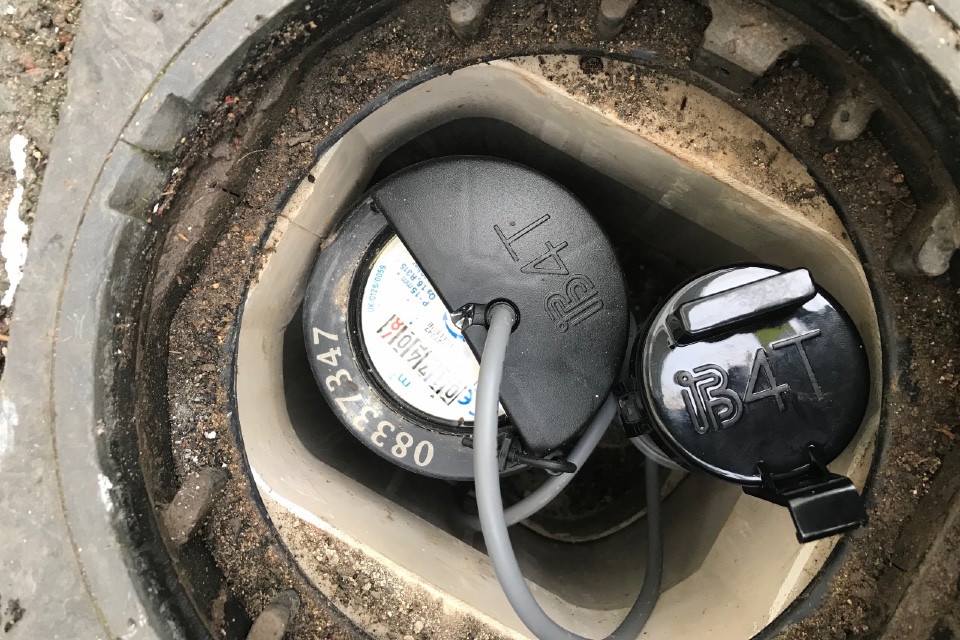As facilities managers come under pressure to implement energy saving measures, remote communication within wider Building Management Systems (BMS) is helping to deliver efficiency gains. Here, Pete Mills, commercial technical operations manager at Bosch Commercial and Industrial, explains the role of remote monitoring in the future of buildings.
Facilities managers are faced with the challenge of recommending heating and hot water systems which have the ability to maximise efficiency. This requirement extends beyond saving on utility bills to limiting the number of site visits and even reducing equipment downtime. Intelligent Building Management Systems (BMS) – with the added advantage of being monitored off-site – advocates flexibility and are vital to achieving these goals.
Another hour in the day
A key benefit of the latest generation of BMS, which often boasts remote communication capability, is its ability to deliver high quality results without the necessity for a site presence. Remote monitoring may not be a new concept and systems using analogue phone lines to report faults are relatively common. Today, however, intuitive web-based systems are being developed which allow facilities managers and manufacturers to access their own platform and monitor a system’s performance data via a web browser.
Through remote monitoring integrated within BMS it is possible for automatic restarts of equipment to be actioned from off site. We have found this particularly useful in the area of Combined Heat and Power (CHP). Our system for example, allows a CHP unit to be restarted under certain fault conditions, where there is supervision, without the need to send an engineer to site.
Such holistic systems provide the potential to effectively monitor more than one site. Users can remotely access a site’s usage data and even receive text message alerts should a system encounter an error. This cuts down not only on the time spent at each site, but also the travel distance between.
Reducing equipment downtime
With preventative maintenance holding the key to avoiding equipment downtime, a BMS can help monitor performance shortfalls. This creates opportunities for equipment to be repaired proactively rather than in response to a breakdown. Maintenance systems can also offer warnings on equipment. In the past, system warnings rarely provided a specific prognosis, however modern systems allow facilities managers to delve into a monitoring platform to view alerts as well as access important maintenance information such as when a service is due.
Payback potential
As well as limiting downtime, BMS which incorporate remote communication elements have a positive impact on payback periods. One of the main benefits of monitoring a system remotely is that all concerned parties can be notified via text message or email immediately, should a system or module stop working for any reason; enabling them to resolve the issue as promptly as possible.
As payback periods continue to play a greater role in the UK, guaranteed availability contracts are set to become more common. This means that many service level agreements are stipulating that a site’s equipment must run for a guaranteed percentage of running hours each year. Monitoring systems help place the onus back on the manufacturer to manage and react to individual requirements as and when they occur.
Diminishing bills
Monitoring technology can also benefit utilities costs. It is often desirable to have access to proportion usage charges within a building. Modern systems are helping tenants to receive a more representative energy bill without the need for additional monitoring visits.
On a personal level, I think it is exciting to see just how intuitive the monitoring systems of the future will become, but one thing which is already coming to the fore is the inclusion of remote monitoring within the service concepts of today.
For more information on Bosch Commercial and Industrial and its range of products and services, please visit www.bosch-industrial.co.uk or call 0330 123 3004. Alternatively, follow Bosch Commercial and Industrial on Twitter (@BoschHeating_UK) and LinkedIn (Bosch Commercial and Industrial UK).
Pete Mills has been in the HVAC industry for over 37 years, having started off as an apprentice heating engineer at just 16. Since then, he has gone on to be a technical liaison officer, and is now a commercial technical operations manager at Bosch Commercial and Industrial.







